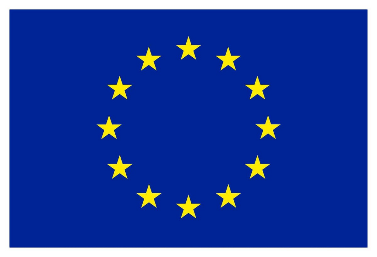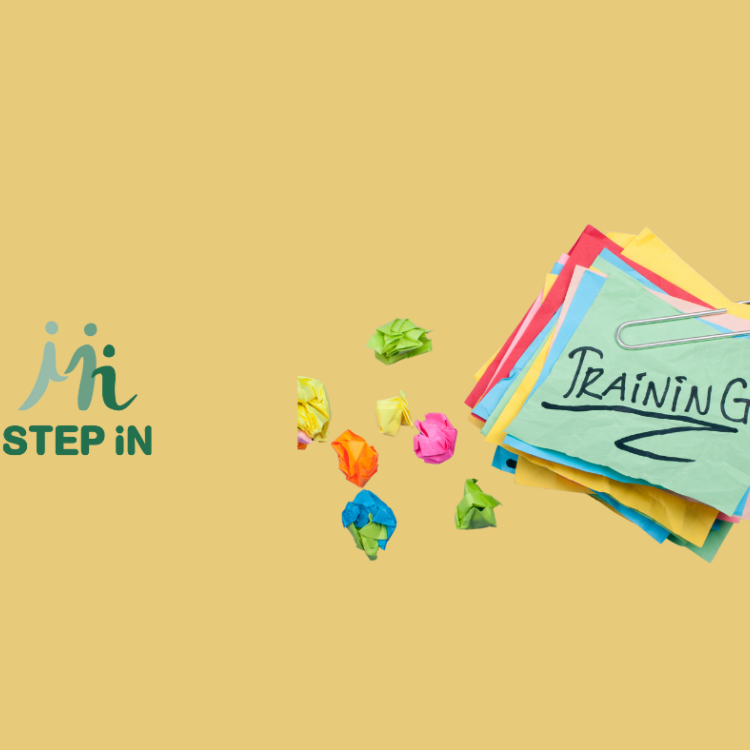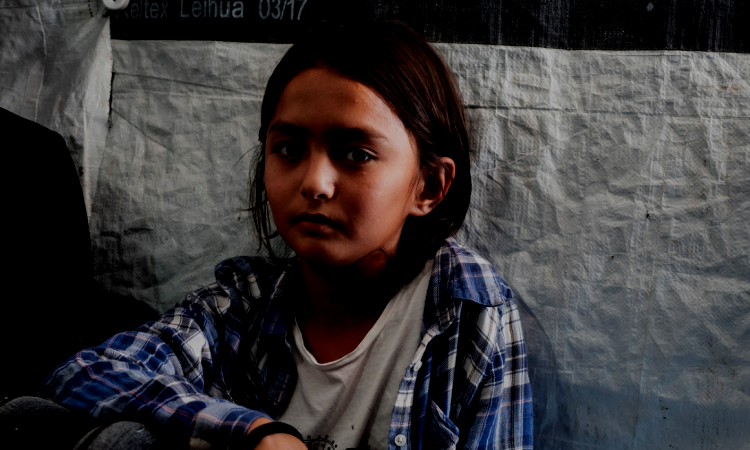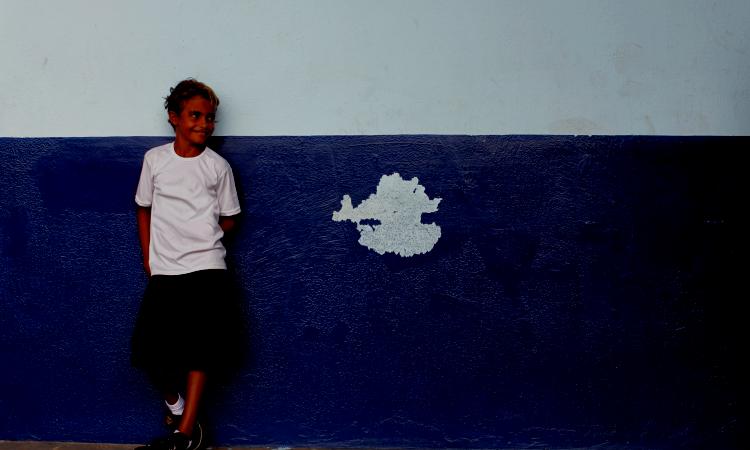Addressing the mental health needs of migrants and refugees through the dissemination of community-based methodologies for psychosocial support.
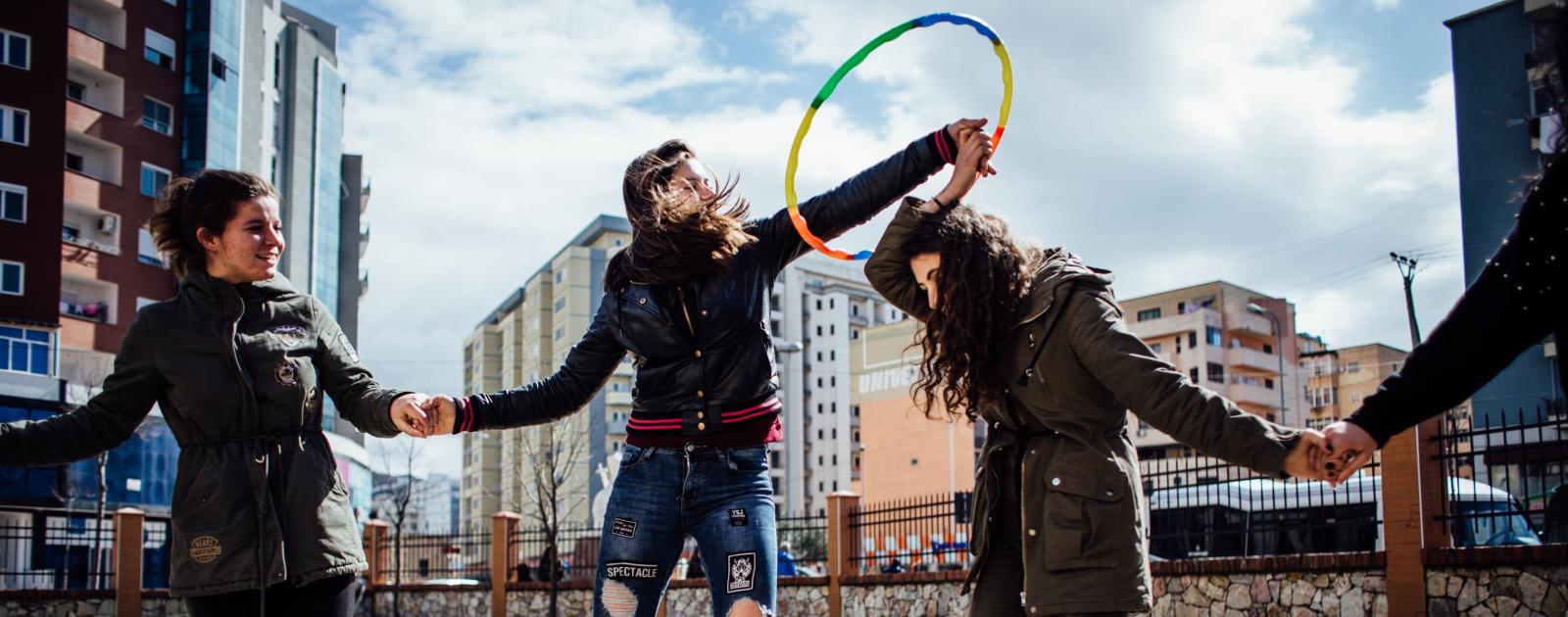
Studies estimated that the prevalence of Mental Health problems among migrant populations, including refugees, asylum seekers and irregular migrants, is between 7 and 17%. During our work in the field, Terre des hommes Hellas observed that the situation was exacerbated during the COVID-19 pandemic. This phenomenon is related firstly to the existing difficult living conditions of these populations in Reception and Identification Centres (RICs) and Shelters, which deteriorated during the pandemic. In this context, prevention measures were difficult to achieve given the limited access to health care service and routine testing. On top of this, there was a prolonged period of restrictions of movement negatively impacted migrants’ rights, livelihoods and mental health.At the same time, Mental Health professionals are a scarce resource. Even before the pandemic, public Mental Health systems across Europe have been struggling to respond adequately to the needs of refugee and migrant populations Through the STEP IN project, we are addressing this need by disseminating psychosocial support methodologies based on community empowerment.
STEP-IN objective
As a general objective, the STEP-IN project aims to strengthen the capacity of non-MHPSS specialists, members of the refugee communities as well as staff of reception centres, cultural mediators, health and social workers and caregivers in reception centres, camps, shelters and other semi-independent living programmes, working in different services for the care and reception of TCNs to recognize and address the mental health needs of migrant populations, exacerbated by the COVID-19 pandemic. In Greece, we will work with young vulnerable migrants 16-24 years old as well as vulnerable families of migrants, including single-headed households and professionals working with them.
The Problem Management Plus (PM+) methodology
Considering that migrants may have different cultural backgrounds and understanding of Mental Health, providing mental health and psychosocial support (MHPSS) interventions that are person-centred and culturally sensitive appears to be the right pathway to support them in overcoming mental distress. Simultaneously, evidence-based preventive psychosocial interventions that are feasible (i.e., practical and affordable), sustainable and cost-effective can represent an advantage for the MH public systems, as these interventions lower the distress and increase the well-being of migrant populations vulnerable to MH disorders, reducing the need to refer to specialised MH services, thus decreasing the pressure on healthcare public systems.
Problem Management Plus (PM+), a brief, low- intensity, transdiagnostic, psychological intervention developed by the World Health Organization (WHO), targeted to adults (aged 16+) impaired by distress in communities who are exposed to adversity. During PM+ session beneficiaries learn how to manage practical problems, reduce stress and anxiety, improve their mood, and strengthen their social support through evidence-based techniques. The PM+ strategy has been extensively tested through rigorous scientific studies and implemented across diverse cultural contexts. Learn more about our expertise on PM+ here
Activities
In Greece, this intervention will take the form of
- Training of PM+ helpers on Problem Management Plus (PM+) addressed to members of the refugee community. The professionals of Tdh Hellas will adapt the PM+ training material with an ethno-psychosocial approach towards the specific needs and vulnerabilities of migrant sub-groups and conduct a Training of Helpers (ToH) on PM+ (individual and group) in preparation for the implementation.
- Scaling-Up Recommendations: After the Training of Helpers, Tdh Hellas will supervise and evaluate the effectiveness of PM+ and gPM+ as a methodology to address the MH needs of migrant populations. Based on this evaluation, we will draw recommendations for scaling PM+ up both in the countries targeted by the action and other EU Member States
- Training of Trainers, addressed to professionals working with this vulnerable population. The professionals of Tdh Hellas will build the capacity of key personnel to become PM+ Trainers to enable them to continue training other PM+ Helpers on the ground
- A community of practice will be set up and hosted on an existing platform (e.g., the EU Health Policy Platform) as a way to exchange and share learnings and experiences, provide learning opportunities and boost dissemination and transfer of best practices at EU level.
The STEP-IN project has a duration of two years (2022-2024) and is co-funded by the European Commission (Health and Digital Executive Agency).
